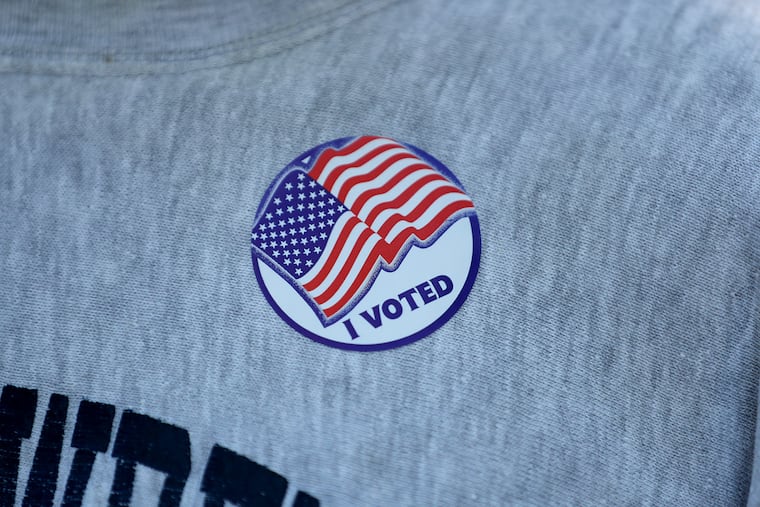Philly voters say yes to expanding the zoning board and removing gendered language from the city charter
Philadelphia voters overwhelmingly approved the four ballot questions Tuesday.

Facing four ballot questions in the primary election Tuesday, Philadelphia voters overwhelmingly approved measures to expand the city’s zoning board, bolster its housing commission, and remove gender-based language from its constitution-like operating documents.
Question 1: Increasing the number of members on the zoning board ✅
The first measure will increase Philadelphia’s Zoning Board of Adjustment from five to seven members and, for the first time, require certain qualifications for the people appointed to the city’s powerful appeals board.
The ZBA, which hears cases on zoning and other land issues, has increasingly become a battleground in gentrification and development feuds across the city.
Stemming from legislation introduced by City Council President Darrell Clarke last fall, the newly approved ballot measure will require the seven-member panel to include an urban planner, an architect, an experienced zoning lawyer, and at least two community leaders, all of whom have “demonstrated sensitivity to community concerns regarding development.”
And in a shake-up to the power balance in City Hall, the new board will require City Council approval for every board member, instead of giving the mayor unilateral control over the appointees.
Questions 2 and 3: Removing gendered language ✅
Voters agreed to remove gender-based language from the Philadelphia Home Rule Charter and its educational supplement for the School District of Philadelphia, which serves as the city’s constitution and prescribes its operating procedures. The change would replace gendered terms like firemen in both documents and replace them with gender neutral descriptions like firefighters.
Question 4: The future of the Fair Housing Commission ✅
Lastly, voters chose to shore up the Philadelphia Fair Housing Commission by adding it to the Home Rule Charter.
Established in 1962, the commission administers and enforces laws related to unfair rental practices and other issues affecting landlords and tenants, but it was always at risk of being eliminated because it was never memorialized in the charter.
Philadelphia voters rarely reject yes-or-no ballot questions. One notable exception was in 2014 when voters declined to overturn the city’s “resign to run” rule that requires officials to leave their jobs in order to seek elected office. The provision was upheld by a ballot question in 2007 as well.
The full primary results from Pennsylvania races can be found here.